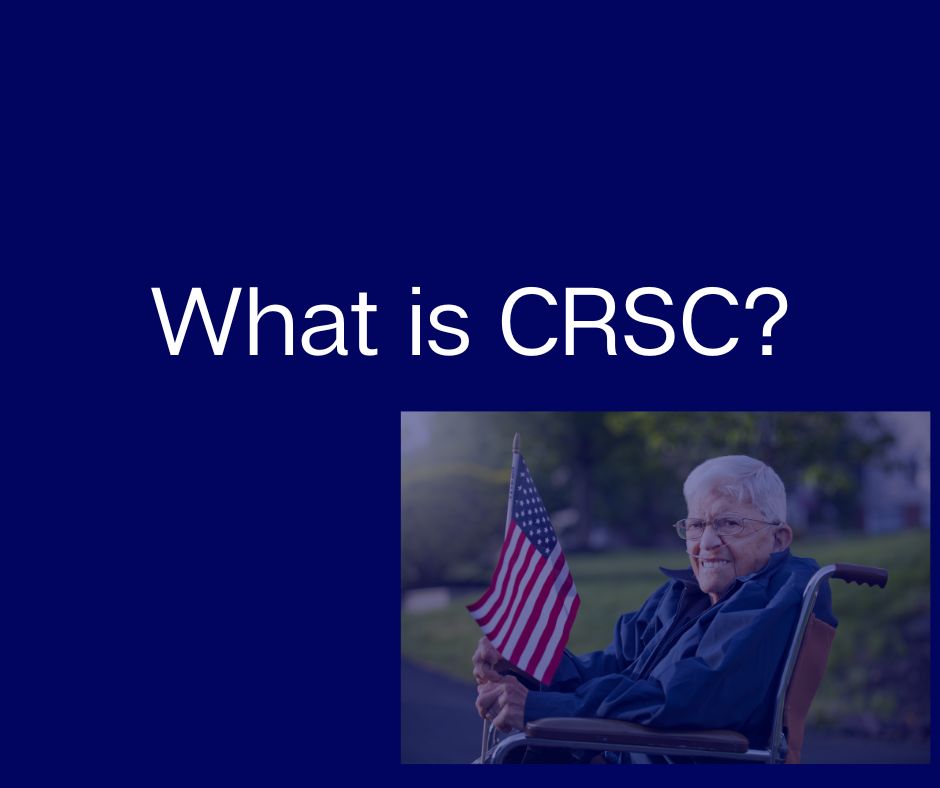What is Combat-Related Special Compensation (CRSC)?
Combat-Related Special Compensation (CRSC) is a program established by the United States Department of Defense (DoD) to provide eligible military retirees with additional compensation to offset the reduction in their retirement pay due to combat-related disabilities. CRSC is designed to help veterans who have service-connected disabilities resulting from combat or combat-related activities receive a higher level of compensation, ensuring that their overall financial well-being is not adversely affected by their injuries.
CRSC is separate from the Department of Veterans Affairs (VA) disability compensation program, which provides compensation for disabilities incurred or aggravated while on active duty. CRSC is specifically intended to address the reduction in retirement pay that occurs when a military retiree receives VA disability compensation for combat-related injuries. It essentially replaces a portion of the retiree’s waived retirement pay, helping to restore some of the financial support that might have been lost due to the disability.
To be eligible for CRSC, a military retiree must meet certain criteria, including having a combat-related disability, being entitled to and receiving military retired pay, and having waived a portion of that retired pay to receive VA disability compensation for combat-related injuries. The specific eligibility requirements and application process for CRSC can vary, and it’s important for veterans to consult with their respective military branches or service organizations to determine if they qualify and to assist them in applying for CRSC.
For example:
John, a retired Army veteran, served multiple tours of duty in combat zones. He sustained injuries during a combat mission that left him with service-connected disabilities. John receives both military retirement pay and VA disability compensation. Due to the combat-related nature of his injuries, he applies for CRSC. After the application is reviewed and approved, John starts receiving CRSC payments, which help offset the reduction in his retirement pay caused by his waived portion due to VA disability compensation.
The important thing to remember is that disabled veterans can receive both disability compensation from the Department of Veterans Affairs (VA) and full military retirement pay under certain conditions. This is known as Concurrent Receipt. The disability rating required for disabled veterans to receive both benefits is 50% or higher.
When a veteran has a VA disability rating of 50% or higher, they are eligible for Concurrent Retirement and Disability Pay (CRDP), which allows them to receive both their full military retirement pay and their VA disability compensation. This eliminates or reduces the offset that used to occur, where veterans with a disability rating of 50% or higher previously had their retirement pay reduced by the amount of their VA disability compensation. Therefore, disabled Veterans with a rating of 50% or higher are not eligible for CRSC.






